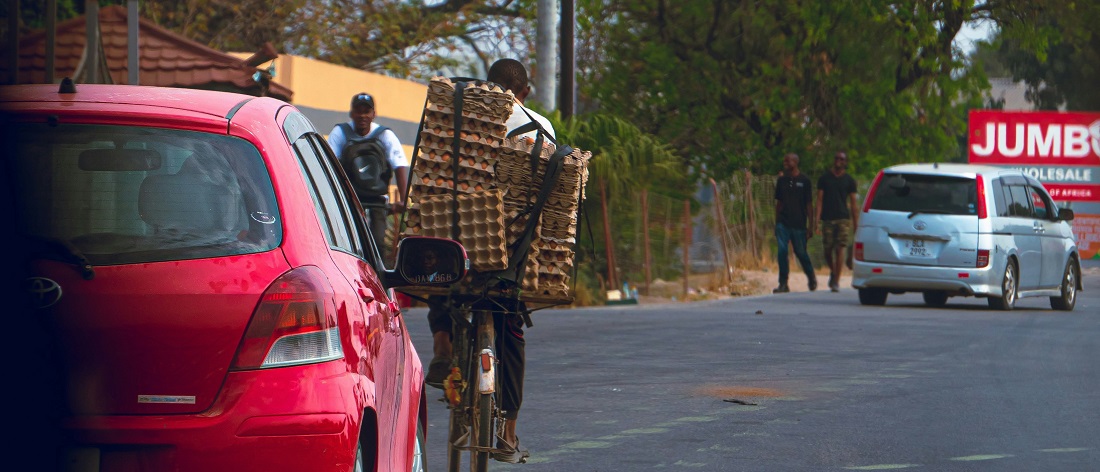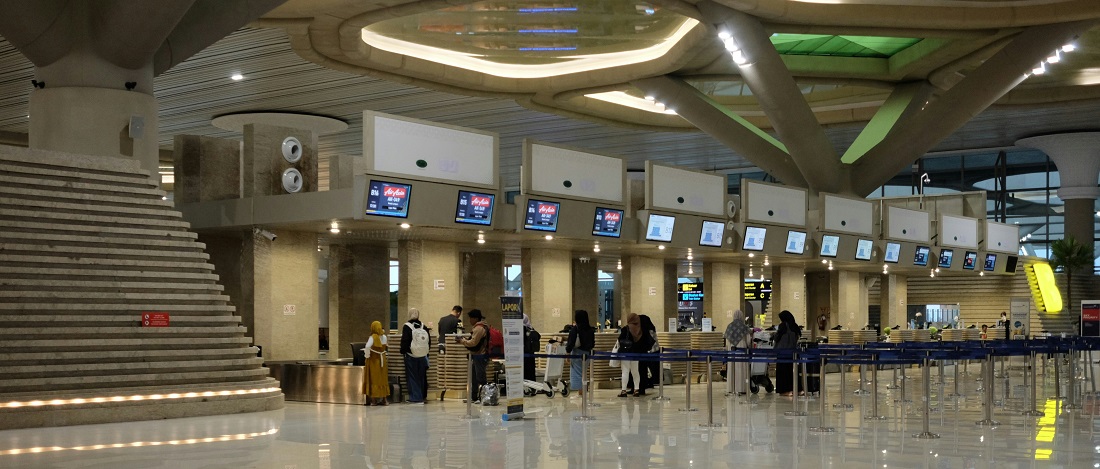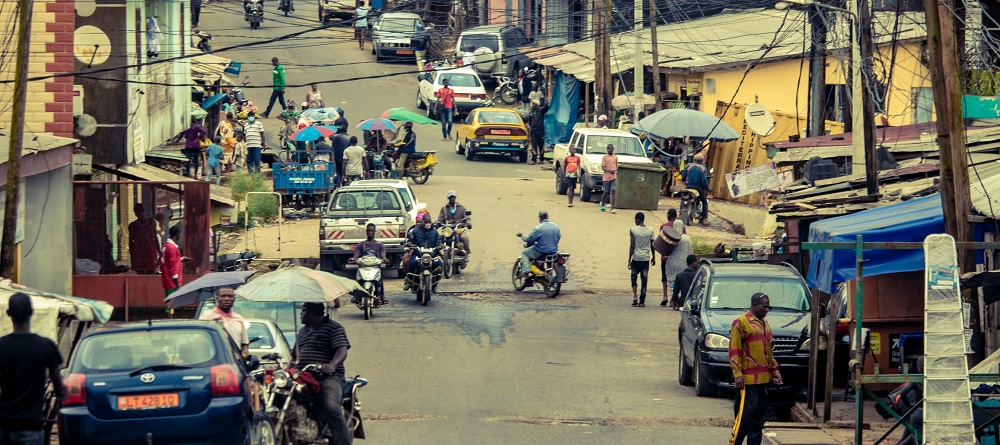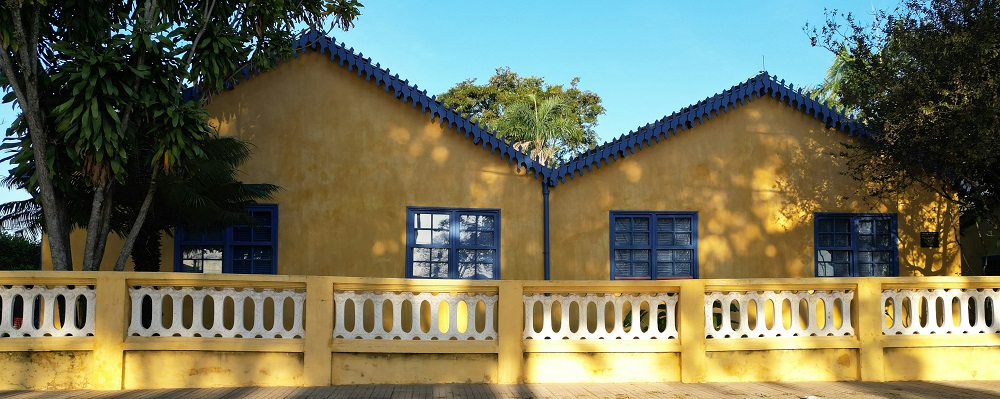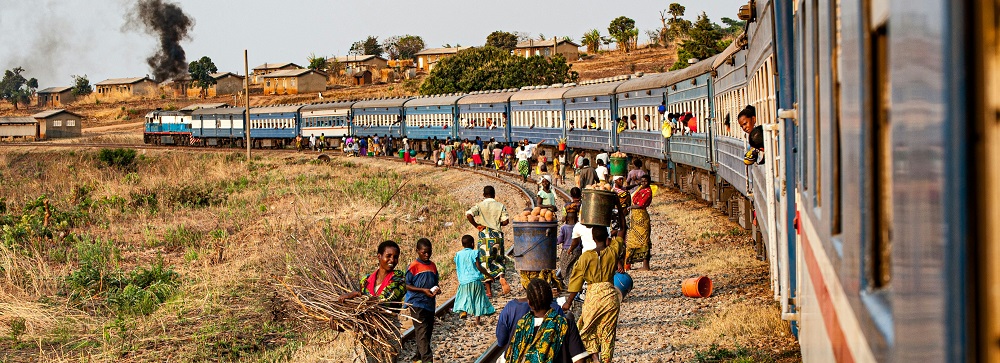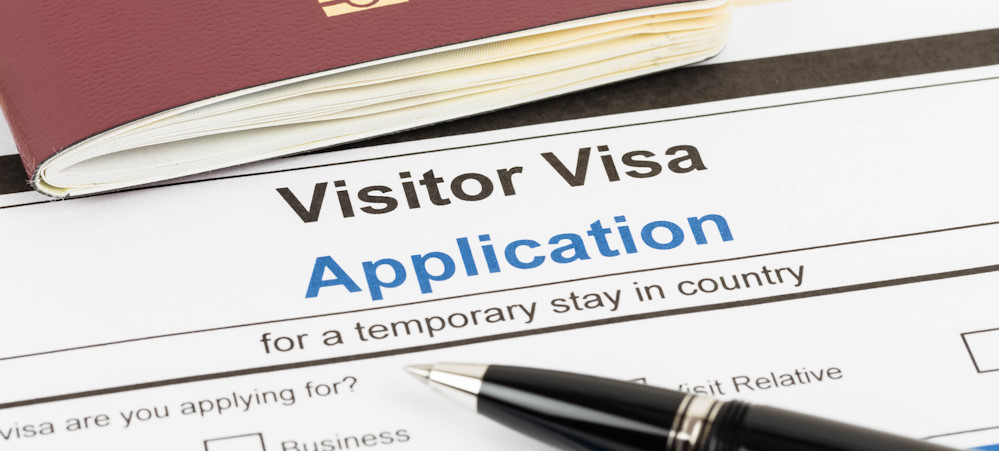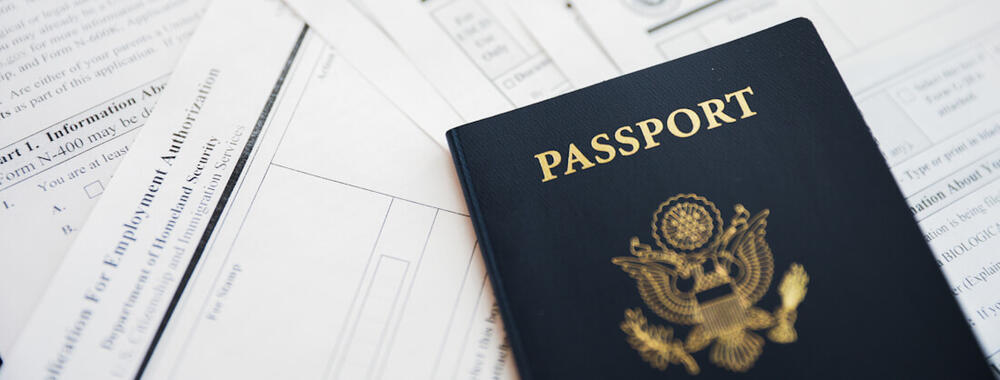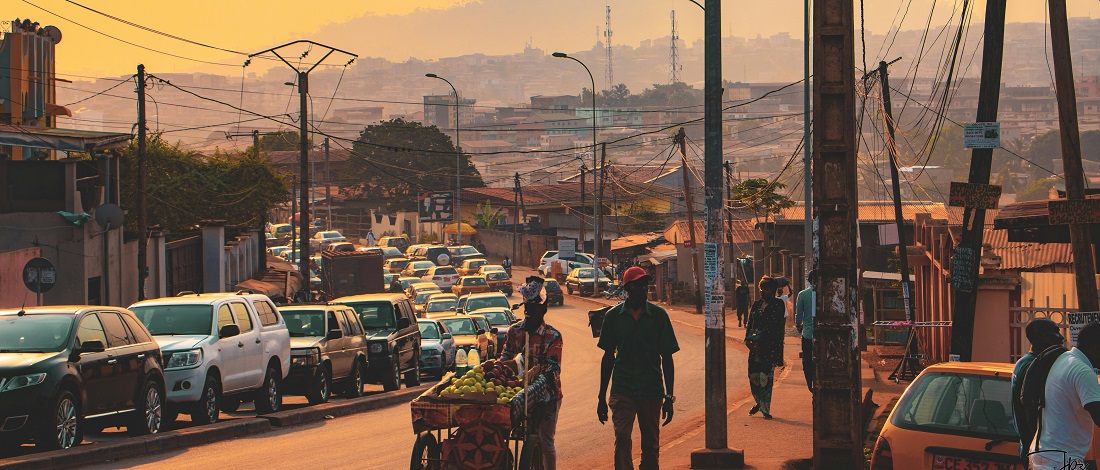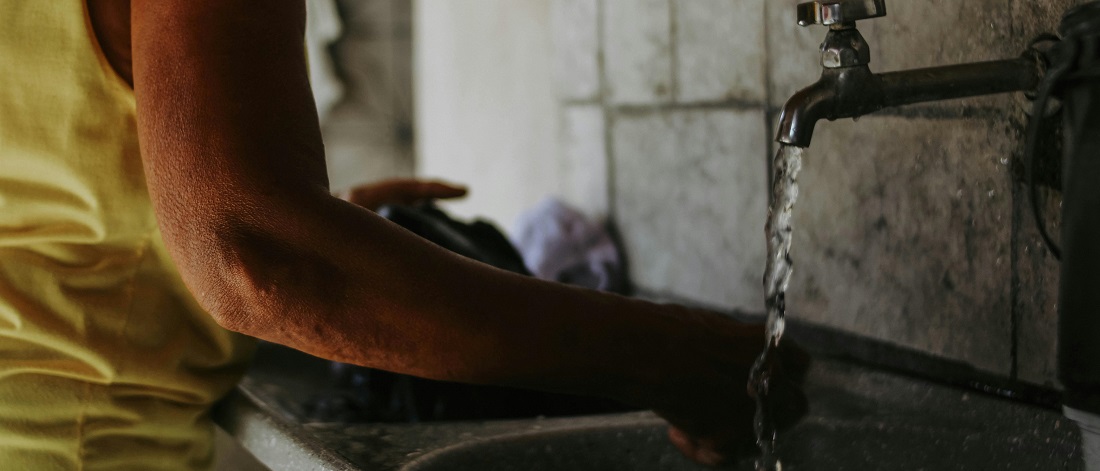Due to the often short-term nature of expat assignments in the country, most expats will rent accommodation in Zambia rather than buy.
Those living in rural areas or in mining communities will most likely find themselves in accommodation within compounds or housing developments built by their employers. Expat employees are frequently provided housing with full amenities and utilities included and paid for by their organisation.
Although lucrative expat salaries offset this cost, those paying for their accommodation in Zambia will find housing relatively expensive.
Types of accommodation in Zambia
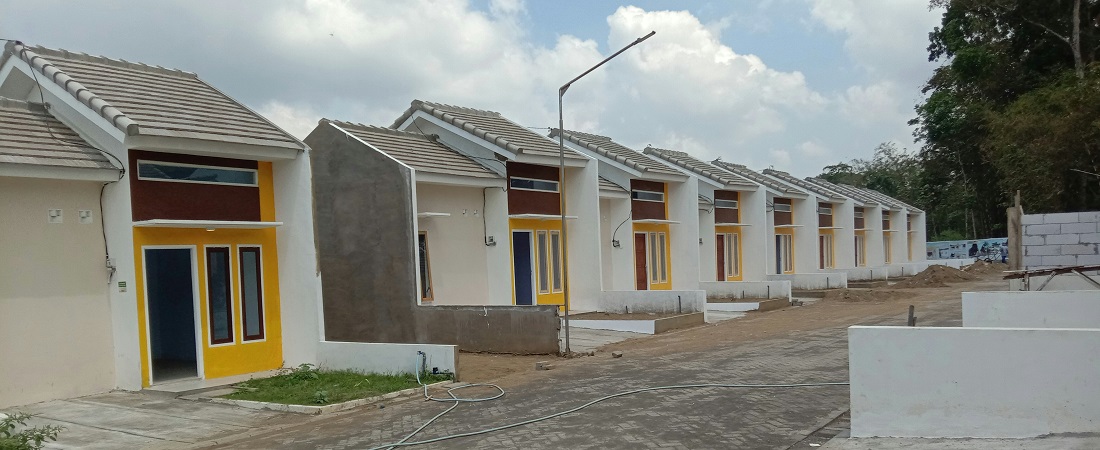
Zambia has a variety of housing. Expats will likely have access to large properties with open spaces and gardens. Many of the houses are old and may need repair, but there have been many new developments in Lusaka recently. Standalone houses, typically on large properties surrounded by gardens, are available in Lusaka’s more upmarket areas. These are ideal for families with children.
Cluster developments, consisting of several rowhouses or townhouses enclosed within a high perimeter wall, have sprung up in Lusaka over the past few years. These developments generally have controlled access and offer more security for expats. They are in high demand, and expats will, in many instances, find many employees of one company occupying housing in the same cluster development. These complexes offer a sense of community, with residents having access to common amenities such as swimming pools, gyms, tennis courts and entertainment areas.
Apartments are also available in Lusaka. These buildings usually come fully furnished and fully serviced. Security is largely excellent in popular apartment buildings, and there may be communal facilities such as a garden, swimming pool or gym.
Furnished vs unfurnished
In Zambia, expats will find both furnished and unfurnished accommodation options, although unfurnished properties tend to be more common, especially outside major urban centres like Lusaka and Ndola.
Furnished accommodation typically includes basic furniture such as beds, sofas, dining sets, kitchen appliances like refrigerators and stoves and sometimes even smaller items like cookware and linens. These are often found in serviced apartments or homes catering specifically to expats staying for the short term.
On the other hand, unfurnished properties may come with little more than light fixtures and built-in wardrobes, requiring tenants to buy their own furniture and appliances. Many long-term expats opt for unfurnished homes due to the wider availability and flexibility in personalising their living space. When choosing between the two, the decision usually depends on the length of stay and the level of comfort and convenience desired.
Short lets
Short lets in Zambia have become increasingly popular, especially among expats seeking flexible and convenient accommodation options. These furnished rentals offer a home-away-from-home experience, ideal for professionals on short-term contracts or those transitioning into more permanent housing.
The key benefits include cost-effectiveness, greater privacy compared to hotels, and easy access to key urban areas like Lusaka and Ndola. With growing demand, the short-let market continues to expand, providing a wide range of choices for expats settling into life in Zambia.
Useful links
Finding accommodation in Zambia
Those transferred to Zambia through their company are likely to have assistance from their organisation, which will most likely shortlist potential options or have readily available housing for their staff.
Online is always a good starting point, while local newspapers also list rental properties. There are also several rental agents in Lusaka who can assist expats, although it’s best to be cautious when using such services, as prices can often be inflated by unscrupulous agents.
Word of mouth is also a good way of finding accommodation in Zambia. The transient nature of expat life in Zambia means that expats come and go regularly, so accommodation becomes available with their departure, and news travels quickly about rental vacancies.
Many properties in Zambia are old and need repairs, so it’s best to visit a home in person to assess its condition before signing a lease or moving in. Ensure that the accommodation has sufficient utilities, such as water and electricity. It’s also essential to check what appliances are included in the rental. Ensure there is air conditioning, which may be essential in the hot summer months.
Safety is a factor for expats in Zambia, especially in Lusaka, where home burglaries can occur. You should ensure that your home has adequate security measures, such as window burglar bars.
Useful links
Renting accommodation in Zambia

Making an application
Once you’ve found a property you like and viewed it, you’ll need to submit a rental application to the landlord or real estate agent. You’ll need to present a copy of your passport, proof of income, and your taxpayer identification number. Some Zambian landlords may insist on a verbal agreement, but it’s essential that expats sign a written rental agreement.
Leases
Leases are usually signed for a minimum of a year, but expats can negotiate with their landlord for short-term leases if this option is available.
Deposits
A security deposit will have to be paid, which will be returned if the apartment is left in an acceptable condition and rent is paid up to date at the termination of the lease.
Terminating the lease
In Zambia, terminating a rental lease is generally a straightforward process, but it must adhere to the terms stipulated in the tenancy agreement. Both landlords and tenants are typically required to give a minimum of 30 days written notice before ending the lease, unless otherwise specified in the contract.
Expats must carefully review their rental agreement, as some landlords may include clauses requiring longer notice periods or penalties for early termination. Open communication and proper documentation can help ensure a smooth transition for both parties.
Utilities in Zambia

When signing a lease, expats should establish upfront who is responsible for maintenance and repairs if these are needed and whether the cost of utilities such as water and electricity are included in the rental. Expats who do not have accommodation covered in their employment contract will typically have to foot the bill for utilities and parking within a complex.
Electricity
Zambia’s main electricity supplier is ZESCO (Zambia Electricity Supply Corporation), a state-owned utility company responsible for power generation, transmission, and distribution. Foreigners wishing to connect electricity services to their apartments must typically provide a copy of their passport, proof of residency such as a lease agreement, and a completed ZESCO application form.
To initiate a connection, expats can visit a local ZESCO office or use their online platform, although in-person visits are often more efficient due to procedural requirements. Bills are issued monthly and can be paid via banks, mobile money services such as Airtel Money and MTN Mobile Money, or at ZESCO customer service centres.
Gas
Gas is not supplied via a centralised pipeline system in Zambia; instead, households and apartments use bottled LPG for cooking and heating. Major suppliers include Afrox and Oryx Energies, which operate nationwide through distributors and service stations.
Expats do not need special documentation to purchase gas cylinders but will need to pay a deposit for the cylinder itself in addition to the gas refills. Gas can be ordered through local dealers, hardware shops, or online platforms that offer home delivery in urban areas. Payment is typically made on delivery or at the point of purchase.
Water
Water supply in Zambia is managed by regional water utility companies, such as Lusaka Water Supply and Sanitation Company (LWSC) in the capital. To set up a new water connection, foreigners usually need to present identification, a lease agreement or a title deed and then complete an application form at the local utility office.
Some landlords may manage water bills directly, including them in monthly rent, while in other cases, tenants are responsible for paying based on meter readings. Bills are generally issued monthly and can be settled at the utility’s offices, participating banks, or via mobile money platforms.
Bins and recycling
Waste management in Zambia is overseen by local municipal councils, with private contractors often responsible for the actual collection in urban centres. In cities like Lusaka, residents place their household waste in bins provided by the council or landlords, and collection is typically done weekly.
While waste collection services are frequently included in municipal charges or rent, in some gated communities or private developments, a separate fee may apply. Recycling is still in its early stages, with a few NGOs and private companies running collection points for items like plastics, paper, and glass. Expats interested in recycling can use drop-off centres or arrange pick-up with these organisations.
Useful links
